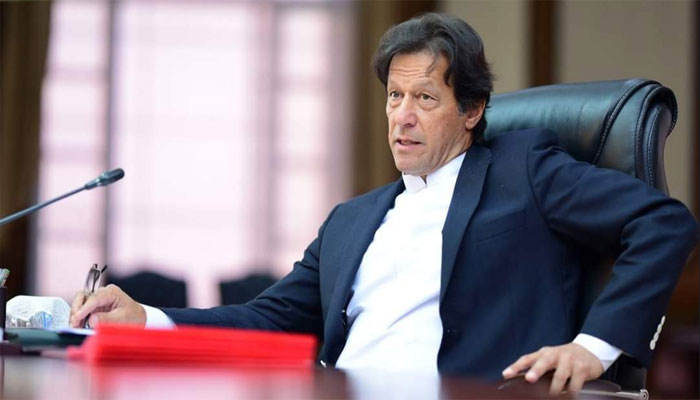Pak court orders govt to revitalise rights commission after activists accuse PM of sabotaging it

Advertisement
The High Court in Pakistan’s Islamabad has called on the ruling Pakistan Tehreek-e-Insaf (PTI) to revitalise the country’s National Commission for Human Rights (NCHR), an independent rights watchdog that has been inactive since 2019, after activists accused Prime Minister Imran Khan of deliberately sabotaging and stalling its functioning.
Activists and former NCHR workers have accused the government of delaying the appointment of leadership roles in the commission to avoid facing accountability for human rights violations, especially those committed by the military.
The four-year tenure of NCHR members had expired on May 30, 2019, and since then, the roles have not been filled.
While declaring the government’s previous advertisement for NCHR positions to be unconstitutional, Chief Justice Athar Minallah directed the government to issue another advertisement for a new chairman and NCHR members.
Minallah also directed the Human Rights Ministry to present the names of potential candidates to the prime minister and opposition leader after taking suggestions. The court also directed the ministry to present its order and a new summary in the next cabinet meeting.
Former NCHR chairman Justice Ali Nawaz Chowhan said that the government officials have a vested interest in sabotaging the commission’s efforts to monitor and report on mounting human rights violations like enforced disappearances, which is why the government is intentionally putting inconsistencies in the advertisements.
“This government neither has the urge nor the passion to truly work for human rights. What is the point of having a Ministry of Human Rights without having an independent human rights commission?” said Chowhan.
The NCHR Act was introduced in 2012 to mandate the promotion, protection and fulfilment of human rights according to the constitution and international treaties.
“The government has reduced the NCHR to a skeleton. We published 35 reports, bringing attention to and investigating human rights violations, but the government does not want its failures exposed, which is why they are delaying these appointments: so that the international image does not suffer,” Chowhan said.
However, Human Rights Minister Shireen Mazari has denied that the government was deliberately delaying the appointments.
Human Rights Watch reported that in 2020, the Pakistan government harassed and at times prosecuted human rights defenders, lawyers and journalists for criticising the government, while using the draconian sedition and counterterrorism laws to suppress dissent.
Meanwhile, human rights defender Tahira Abdullah believes that Pakistan’s human rights activists have a duty to stand up for a fully independent NCHR.
“The NCHR can only be effective if a truly independent chairperson and commissioners are appointed, and only if there is an end to all interference in the NCHR’s autonomy, committed by state institutions, political offices and bureaucracy,” she said.
Advertisement






